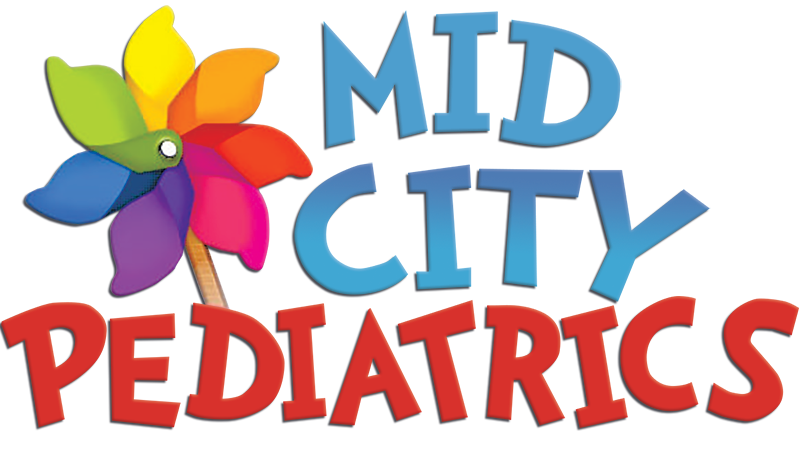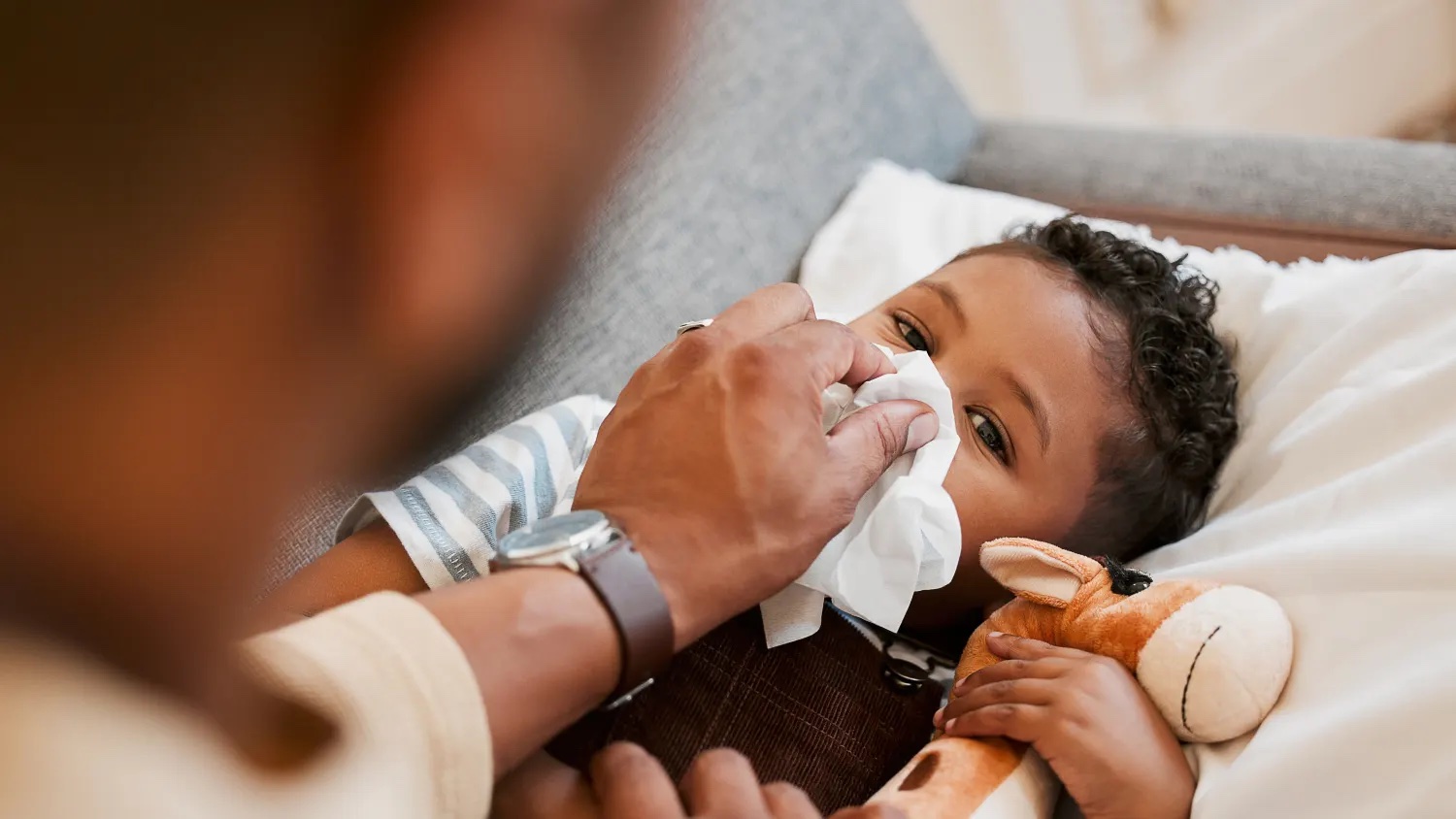As parents, it’s natural to worry when our children develop a fever. Fever is not an illness in itself, but rather a symptom indicating that the body is fighting an infection. As a pediatrician, I often encounter concerns and questions from parents about fever. Let’s cover what fever means, when to be concerned, and how to manage it.
What is fever?
Fever is the body’s natural response to an infection. It’s characterized by an elevation in body temperature above the normal range, which is around 98.6° F (37° C) when measured orally. In children, fever is generally considered when their temperature exceeds 100.4° F (37° C) rectally.
When to be Concerned
Fever itself is not usually a cause for alarm. However, certain circumstances warrant medical attention:
- Age: In infants younger than three months, even a slight increase in temperature can be significant. Contact your pediatrician immediately if your newborn has a fever.
- Duration: If the fever lasts more than a few days or is persistent despite home treatments, consult your pediatrician.
- High Fever: High fever accompanied by other symptoms such as lethargy, difficulty breathing, or a rash could indicate a more serious condition.
- Dehydration: Watch for signs of dehydration in a child with fever, such as dry mouth, decreased urine output, or excessive fussiness.
Managing Fever at Home
Most fevers in children are harmless and resolve on their own. However, here are some steps you can take at home to help your child feel more comfortable:
- Fluids: Encourage your child to drink plenty of fluids like water, diluted fruit juices, or oral rehydration solutions. If they will not voluntarily drink these, you can also offer them liquids with a medicine syringe. Offering 5mL of oral rehydration solution such a Pedialyte every 10 minutes for an hour will deliver approximately one ounce.
- Rest: Ensure your child gets adequate rest to help their body recover. Often children sleep more when they are febrile. If your child seems extra sleepy, check their temperature to see if they are running a fever that needs to be treated.
- Medication: Over-the-counter fever reducers like acetaminophen (Tylenol) or ibuprofen (Motrin) can help lower fever and ease discomfort. It is important to remember that ibuprofen is not indicated for children under 6 months of age. Always follow the recommended dosage for your child’s age and weight. Most of the time, the dosage will be different for your child’s age versus their weight. Following the manufacturer’s guidance for weight-based dosage will give your child the most appropriate response from the medication.
When to Call Your Pediatrician
It is crucial to contact your pediatrician if:
- Your child is under three months old and has a fever.
- The fever is high and not responding to the medication.
- Your child is unusually drowsy, irritable, or has difficulty breathing.
- You’re concerned about your child’s condition.
Remember, fever is the body’s defense mechanism. It’s often a sign that the immune system is actively fighting an infection. Trust your instincts as a parent and seek medical advice when in doubt. I am a mom and have acted on my instinct many times. I also tent to listen to parents when they have that gut feeling. That is what we are here for.
In Conclusion
Fevers are common occurrences in childhood and are usually a sign that the body is combating an infection. While they can be concerning, especially for parents, most fevers are harmless and resolve on their own. Trust your parental instincts, and don’t hesitate to contact your pediatrician if you have any concerns or questions about your child’s fever.
Resources
Mid City Pediatrics website offers a Symptom Checker function on our website to help assist parents. We also offer Medication and Dosing Charts.
The doctors at Mid City Pediatrics are here to help you. We see sick patients six days a week and have a doctor on call after hours to assist in emergency situations. Click to schedule your Fast Lane walk-in appointment. You may also call our office at (318)221-2225 to schedule an appointment with your child’s regular physician.
Dr. Cockrell grew up in nearby Natchitoches, LA. She graduated magna cum laude from Northwestern State University with a BS in Biology before pursuing her medical education at Louisiana State University Health Sciences Center in Shreveport. In 2004, she proudly earned her medical degree and was honored with membership in the esteemed Alpha Omega Alpha medical honor society. After completing her medical residency training at LSUHSC while raising her young family, Dr. Cockrell made Shreveport her home. Since 2007, she has been a valued member of Mid City Pediatrics, certified by the American Board of Pediatrics, and is a Fellow of the American Academy of Pediatrics.




